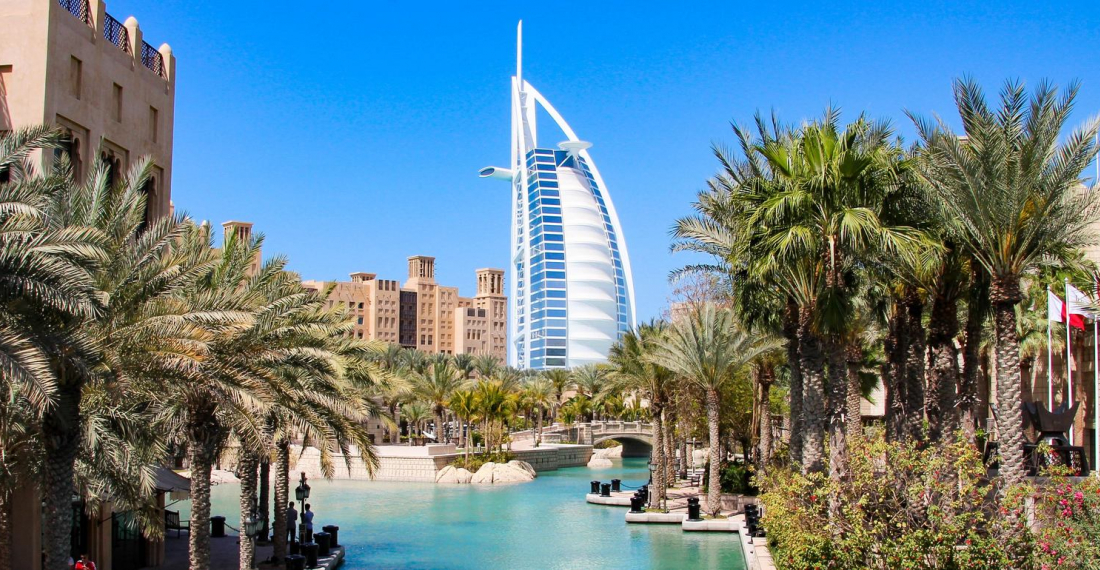Emphasising its resilience as the leading economic hub in the Gulf, the Emirate of Dubai on Sunday (27 December) unveiled a growth-oriented 2021 budget that seeks to accelerate the pace of economic recovery, strengthen social benefits and enhance infrastructure.
Dubai’s ruler, Sheikh Mohammed bin Rashid Al Maktoum, approved the budget that projects a total spending of Dh57.1 billion and revenues of Dh52.31 billion, reflecting an expansionary fiscal policy aimed at enhancing the emirate’s competitiveness.
The budget for the current year had a spending allocation of Dh66.4 billion. “The newly-announced budget takes into account the exceptional economic conditions of the fiscal year 2020 and the repercussions of the Covid-19 pandemic on the global economy,” said a statement by the Dubai Media Office.
The budget also factors in the requirements of population growth and the benefits resulting from hosting Expo 2020, now scheduled for 2021, and the continuous development of the infrastructure. It also supports the goals of Dubai Plan 2021, said the statement.
“The government seeks to expand the outsourcing of services to the private sector to enhance its engagement in economic development, which will contribute to improving the wellbeing and happiness of citizens and residents.”
The overlapping allocation for salary and wage allowances across all sectors will account for 35 per cent of the total spending. Grants and support expenditures will constitute 26 per cent in order to meet the requirements of human and community development and provide public services to Dubai residents.
Spending for the social development sector, including health, education, housing, women and children’s care, represents 31 per cent of total expenditure. In line with the priority given to security, justice and safety, 22 per cent of the total expenditure has been allocated to support this sector.
The budget has allocated one per cent of the spending to the private reserve. It also has set aside six per cent of the expenditure to serve the public debt in order to ensure a disciplined fiscal policy.
The budget has allocated nine per cent of the expenditure to maintain the volume of investments in infrastructure in line with Dubai’s aspirations to be the world’s most preferred destination to live in. Overall, the infrastructure and transportation sector will have an allocation of 41 per cent of the total spending.
More than 200,000 people visited Dubai over the Christmas period despite the covid-19 restrictions, and the Emirate is preparing for a bounce back once travel restrictions ease.
source: commonspace.eu with Khaleej Times (Sharjah) and agencies.
photo: Dubai - general view (archive picture)







